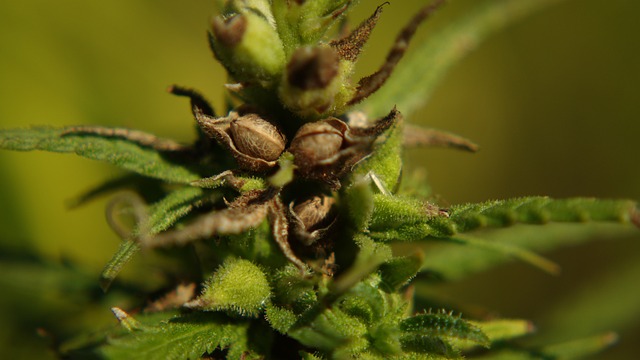
The Rise of THCA Flower: Why More Cannabis Users Are Turning to THCA
The cannabis industry has witnessed significant transformations over the past few years, with new Exploring raw cannabis and THCa flower products and compounds gaining attention. One such compound is THCA, or tetrahydrocannabinolic acid, which is becoming increasingly popular among cannabis enthusiasts. This article explores the reasons behind the growing interest in THCA flower and its potential benefits.
Understanding THCA: The Basics
THCA is a non-psychoactive cannabinoid found in raw and live cannabis plants. Unlike THC, which is known for its psychoactive effects, THCA does not produce a “high” when consumed in its natural form. This distinction makes THCA flower an attractive option for those seeking the therapeutic benefits of cannabis without the mind-altering effects.
How THCA Converts to THC
THCA naturally converts to THC through a process called decarboxylation. This occurs when cannabis is exposed to heat, such as during smoking or vaping. The heat removes a carboxyl group from THCA, transforming it into the psychoactive THC. This conversion is why raw cannabis does not produce the same effects as heated cannabis products.
Potential Benefits of THCA
Research into THCA is still in its early stages, but preliminary studies and anecdotal evidence suggest several potential benefits:
- Anti-inflammatory Properties: THCA may help reduce inflammation, making it a potential option for those with conditions like arthritis.
- Neuroprotective Effects: Some studies indicate that THCA might protect brain cells, which could be beneficial for neurodegenerative diseases.
- Anti-emetic Benefits: THCA has shown promise in reducing nausea and vomiting, particularly in patients undergoing chemotherapy.
- Appetite Stimulation: Like THC, THCA may help stimulate appetite, which can be useful for individuals with eating disorders or undergoing treatments that suppress appetite.
Why Cannabis Users Are Opting for THCA Flower
The shift towards THCA flower can be attributed to several factors that appeal to both recreational and medicinal users:
Non-Psychoactive Experience
Many users prefer THCA flower because it offers the therapeutic benefits of cannabis without the psychoactive effects. This allows individuals to incorporate cannabis into their daily routines without impairing their cognitive functions.
Raw Consumption and Versatility
THCA flower can be consumed in its raw form, offering versatility in how it is used. It can be added to smoothies, salads, or juices, providing a convenient way to enjoy its benefits without smoking or vaping.
Legal Considerations
In regions where THC is heavily regulated or illegal, THCA flower presents a legal alternative. Since it does not produce psychoactive effects until heated, it often falls outside the scope of THC regulations, making it more accessible to consumers.
Case Studies and User Experiences
Several case studies and user testimonials highlight the growing popularity of THCA flower:
- Case Study 1: A patient with chronic pain reported significant relief after incorporating THCA into their regimen, without experiencing the high associated with THC.
- User Testimonial: An individual with anxiety found that THCA flower helped manage their symptoms without the paranoia sometimes induced by THC.
- Case Study 2: A cancer patient undergoing chemotherapy used THCA to alleviate nausea and maintain appetite, improving their overall quality of life.
Statistics and Market Trends
The cannabis market is rapidly evolving, with THCA products gaining traction. Recent statistics indicate a steady increase in the demand for THCA flower, driven by consumer interest in non-psychoactive cannabis options. Market analysts predict continued growth as more research validates the benefits of THCA.
Challenges and Considerations
Despite its potential, THCA flower faces challenges that could impact its adoption:
- Lack of Comprehensive Research: The scientific community is still exploring the full range of THCA’s effects, and more studies are needed to confirm its benefits.
- Regulatory Uncertainty: As cannabis laws evolve, the legal status of THCA may change, affecting its availability and use.
- Consumer Education: Many consumers are unfamiliar with THCA and its properties, highlighting the need for increased education and awareness.
Conclusion
The rise of THCA flower represents a significant shift in the cannabis industry, offering a non-psychoactive alternative with potential therapeutic benefits. As research progresses and consumer awareness grows, THCA is poised to become a staple in the cannabis market. Its appeal lies in its versatility, legal accessibility, and the promise of health benefits without the high. As the industry continues to evolve, THCA flower may well become a preferred choice for both new and seasoned cannabis users.